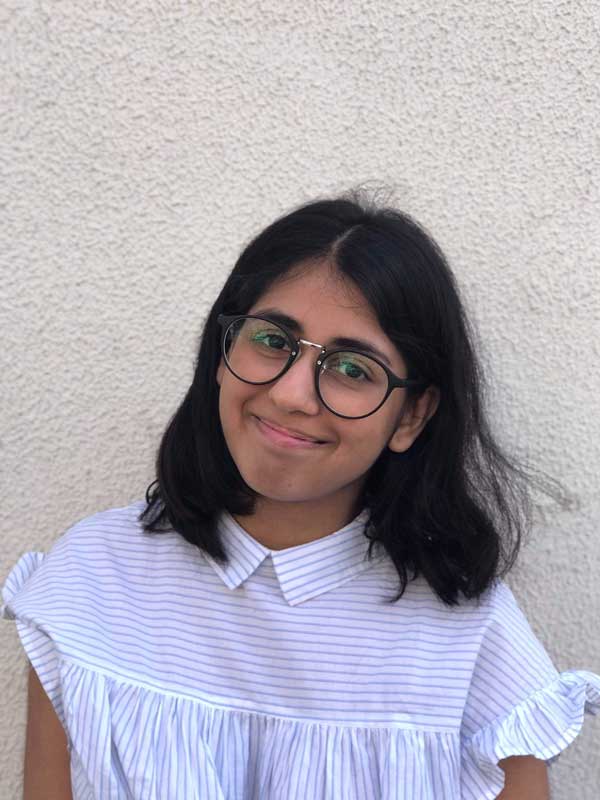Misinformation online: how a PhD Scholarship with MSEI helps Rashika fight misinformation
Access to accurate information can change our ability to make informed decisions. How can we develop literacy measures and policy to ensure equitable access to information?
Rashika joined the Faculty of Engineering and Information Technology alongside the Melbourne Social Equity Institute to find out how misinformation can spread. Through her research, she’s hoping to understand misinformation experiences and use that to develop literacy measures and influence policy surrounding equitable information access.
“Studying with the Melbourne Social Equity Institute gave me the opportunity to use my skills in information science and my experience in libraries to research social equity through information technology. The PhD scholarship gave me the networks with academics and other researchers to find out how we can ensure information is accessibly in digital and physical environments.

As part of my PhD, I am hoping to research misinformation experiences within migrant groups. I am passionate about equitable information access, and as a migrant, I’m aware of how difficult it can be to get access to accurate information. With so many platforms, sources and varying different literacy skills, digital and physical environments can be confusing to navigate when it comes to accessing and understanding information.
I moved to Melbourne at the beginning of the COVID pandemic to pursue a Master of Information Systems. Like many people who started a degree around this time, my experience was fundamentally altered. Studying online showed me how access to information can change an experience whether there’s a reliance on a public space, public services or technology.
I started the degree with a desire to do some research and found supportive supervisors who were as passionate about my interests as I am. I found that the more I worked on my research, the more it felt like there was a lot more work to be done and that I wanted to be the one doing that work.
Beginning my student experience during COVID meant we had to quickly change our communication styles and switch to a lot of online experiences. This helped to highlight how important access to information is. Libraries are often vital information hubs, especially in rural communities, so sudden changes to our access to physical spaces, access to online spaces and the ability to communicate is fundamental to our information access. I’ve spent a lot of time volunteering at libraries and events like elections have made it clear to me that the problem isn’t just inequitable access to information, but equitable access to accurate information. The spread of misinformation has had a tangible effect on democracies globally and that’s why I want I want to understand how misinformation spreads through groups.
In a major research project for my masters degree, I studied the behaviours of international students, a transient migrant group, and how misinformation can affect them. This became the foundation for my PhD research and using qualitative research methodologies, I want to centre human experiences with technology as the ongoing theme of my research. The impact of misinformation on migrant communities is largely understudied and when migrants are in the initial stages of settling into their new home counties they can be vulnerable due to limited information networks. To better support them in their transitions, we need to understand the multifaceted nature of their interactions with information and misinformation.”
Having access to scholarships like the Social Equity in Engineering and Information Technology PhD Opportunity means we can develop research for future policy and decision making to ensure that we have an equitable and sustainable future. As we are increasingly reliant on online information sources, understanding how we interact with information and misinformation online will become important for all demographics.
Find out more:
PhD Scholarship Opportunity – Social Equity in Engineering and Information Technology